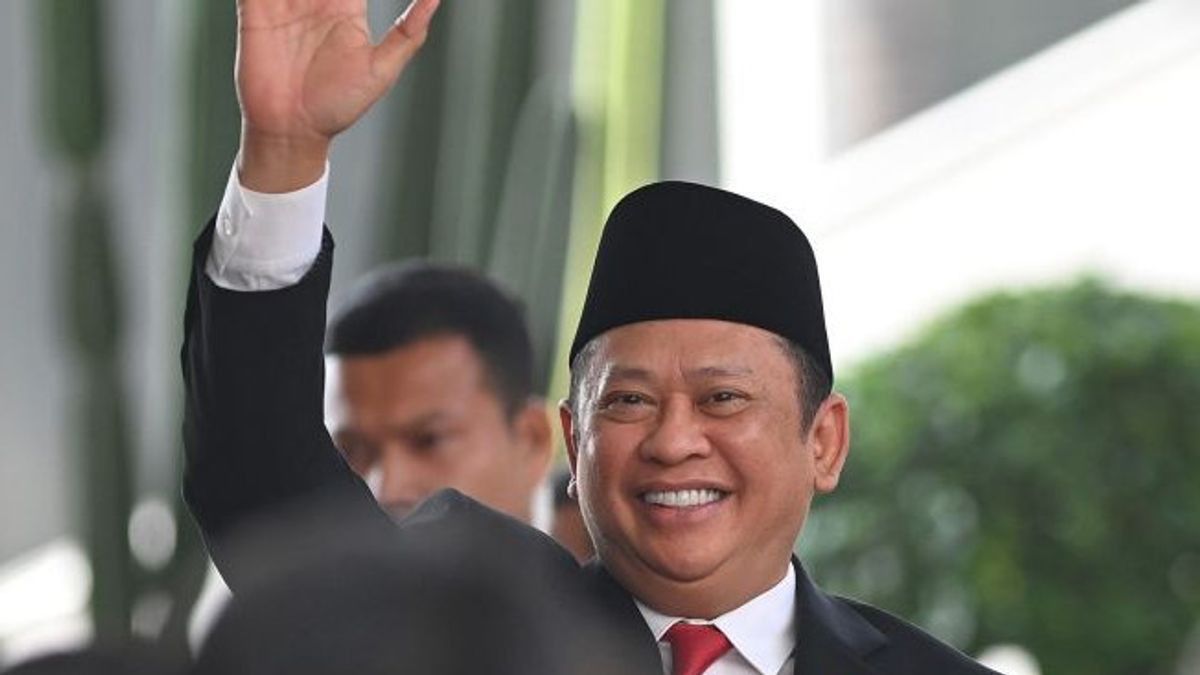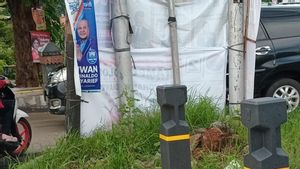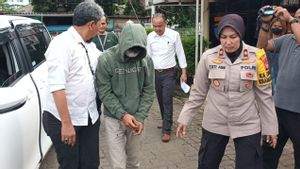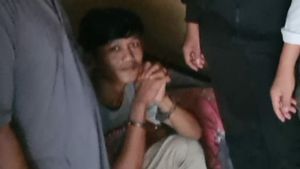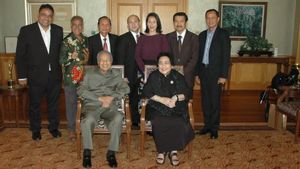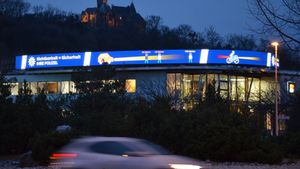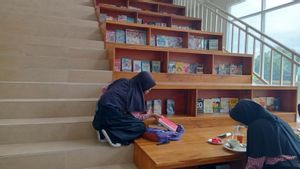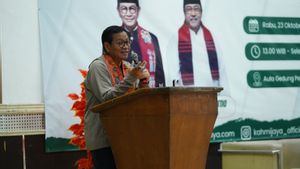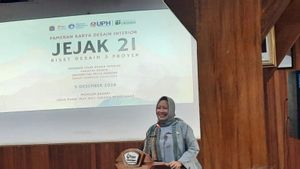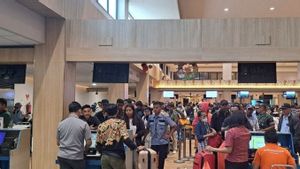JAKARTA - Chairman of the Indonesian People's Consultative Assembly as well as Deputy Chairperson of the Golkar Party, Bambang Soesatyo, encouraged the government to carefully consider the impact of the increase in entertainment taxes on the entertainment industry.
The man who is familiarly called Bamsoet assessed that tax increases need to be carried out in-depth studies and more intensive dialogue with entertainment business actors in order to find the best solution that can maintain a balance between the interests of the state fiscal and the business continuity of entertainment entrepreneurs.
A well-known entrepreneur, Rudy Salim, when he met Bamsoet, also expressed his aspirations.
"This increase in entertainment taxes can have a significant impact on the entertainment industry. In addition to burdensome business actors, this large tax increase has the potential to have a negative impact, such as increasing entrance ticket prices, decreasing people's purchasing power, and even having an impact on the business continuity of entertainment industry players", said Rudy, Sunday, January 21.
Rudy Salim is the owner of the Phantom club, PIK 2 with Raffi Ahmad. Both of them, as representatives of entertainment entrepreneurs and owners of Phantom entertainment venues. They expressed their objections to this policy. Because this can hinder the growth of the entertainment industry in the country.
Previously, the famous lawyer Hotman Paris Hutapea and the sworddut Inul Daratista also unitedly protested the increase in this entertainment tax. Both assess that the increase in taxes will harm entrepreneurs and the public in general.
For example, customers come and shop for IDR 10 million, the total will be subject to a service charge of 10% so that it becomes IDR 11 million. If you re-enforce PB1 at least 40% (IDR 4,400,000.
SEE ALSO:
"The government and the DPR are expected to open a wider space for dialogue by involving all relevant parties. The voices of entertainment business actors need to be heard properly in this decision-making process. So that the resulting policies can take into account various aspects and interests," said Bamsoet.
The chairman of the 20th DPR RI and the former Chairman of Commission III of the DPR RI for Law, Human Rights and Security explained that in the Law on Financial Relations between the Central Government and the Regional Government (UU HKPD) article 58 paragraph 2, it was stated that specifically for certain Goods and Services Tax rates (PBJT) for entertainment services at discotheques, karaoke, nightclubs, bars and steam baths (spa) it was set at a minimum of 40 percent and a maximum of 75 percent. The increase then led to a number of controversies from entertainment business actors.
"This increase in entertainment taxes can have a significant impact on the entertainment industry. In addition to burdensome business actors, this large tax increase has the potential to have a negative impact. Such as increasing entrance ticket prices, decreasing people's purchasing power, and even having an impact on the business continuity of entertainment industry players," concluded Bamsoet.
The English, Chinese, Japanese, Arabic, and French versions are automatically generated by the AI. So there may still be inaccuracies in translating, please always see Indonesian as our main language. (system supported by DigitalSiber.id)
